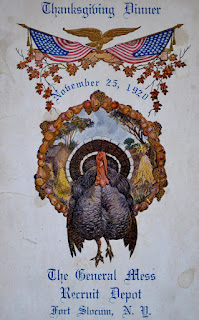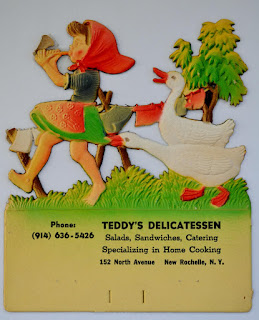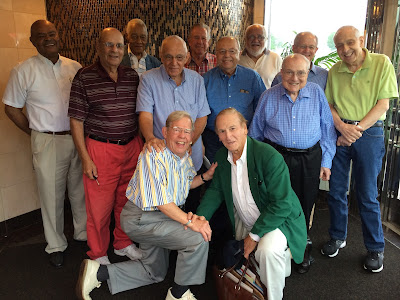This is a guest post by Oliver Hughes, archival volunteer, reporting on the completion of an exciting project in the New Rochelle Public Library Archive under the supervision of David Rose, Archivist. It deals with the oldest item in the Archive which has been an almost total mystery ever since it arrived here some decades ago – a vellum manuscript produced in London in 1726. The material of the manuscript, an animal skin of some kind, is so fragile that close examination could be ventured only with great care and at much risk of damage, and even when unfolded the handwriting presents such difficulties that reading the text was a laborious and uncertain task. No transcript existed to our knowledge, and therefore little was known for sure about the contents of this document, only in broad terms that it had to do with bankruptcy proceedings in London.
I am very glad to report that after three months wrestling with this curious and challenging manuscript, I have succeeded in producing a typed transcription, available for viewing here. I worked from photographs, which I took in two brief sessions so as to minimize the handling of the manuscript. This posed some difficulty, as I had to take the photographs from quite a close distance in order to make the writing legible, resulting in more than a dozen disjointed segments which I had to transcribe separately and then stitch together. I also ran into unfortunately intractable obstacles in the form of the deep creases and folds of the manuscript, which swallowed up a number of words beyond recovery. Likewise, there were some few instances of damage that had effaced the words in places, but these were rare, and the majority of the document was clearly visible – leaving only the problem of the handwriting!
This was indeed the greatest challenge I faced, making sense of the hand and the peculiarities of orthography employed by the manuscript’s creator. But soon I began to find it captivating and engrossing work, very much like a puzzle. At first I had to cut my way through the thicket letter by letter; close, careful study yielding up some of the easier words to me. Then with enough of these established, context clarified others. Eventually I had a command of the whole alphabet and could decode nearly any word. It became a wonderful thrill to have the text open up to me. What had once been an impenetrable scrawl snapped into view, and I can now read the original at sight almost as easily as I read the type. But I am very glad that no one else now will have to go through such a process in order to read this document! Much remains unclear about it, not least its provenance and the story of how it came to New Rochelle in the first place, having seemingly nothing at all to do with any place outside southeastern England. But should it attract the interest of any researcher, a transcription is now available, and I hope it may play at least a small part in shaking this particular piece of the past free of obscurity.




















